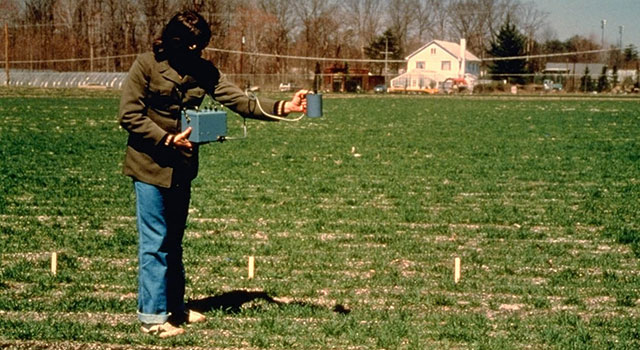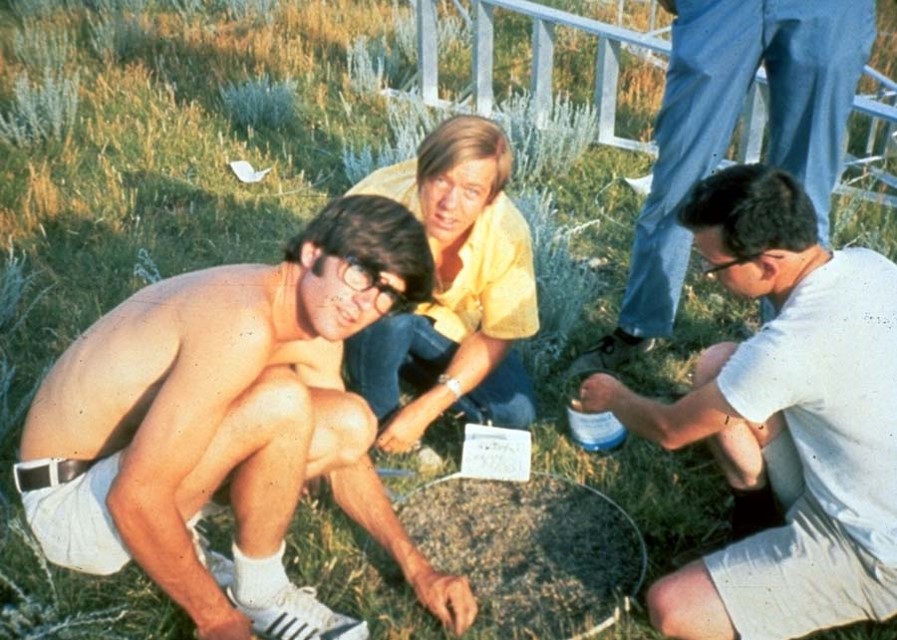Stories
Looking at Chlorophyll from Space

NASA scientists are able to study plants from space, but this wasn’t always the case.
“I love using satellite data to study the Earth,” says Dr. Compton “Jim” Tucker. When Tucker was a graduate student, he and some friends discovered a new way to study photosynthesis.
“We realized that there was a really strong connection with the plant pigment, chlorophyll, and certain wavelengths of light. We figured out that if you wanted to study photosynthesis you needed to study chlorophyll.”
Tucker learned that you could figure out plant health by measuring how much visible and near-infrared light a plant reflects. “We call this light-type comparison the Normalized Differentiated Vegetation Index (NDVI). Really it is just a simple ratio of these two wavelengths or bands.”

This was groundbreaking science. Tucker also learned that this observation and comparison could be done from space. In 1981 the first NDVI instrument flew in space as part of the Advanced Very High Resolution Radiometer (AVHRR) mission. “It is the same instrument from my working-in-the-field days, literally, just bigger.”
Later in 1983, Tucker met Piers Sellers. This meeting began a decades-long friendship and scientific collaboration. Sellers came up with a way to scale Tucker’s photosynthesis measurements. This made it possible to get detailed information about plant health around the globe -- from a single leaf to plants covering a field, a forest, or a continent and all from space.
“People are always asking me when I plan to retire,” Tucker says. “And I always say that I really like what I am doing. I am going to do it for as long as I can because it is fun. Most people look at me and think ‘Are you crazy?’ I am not. It is true: I really love my work.”
